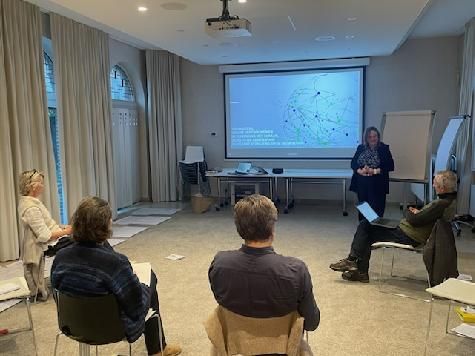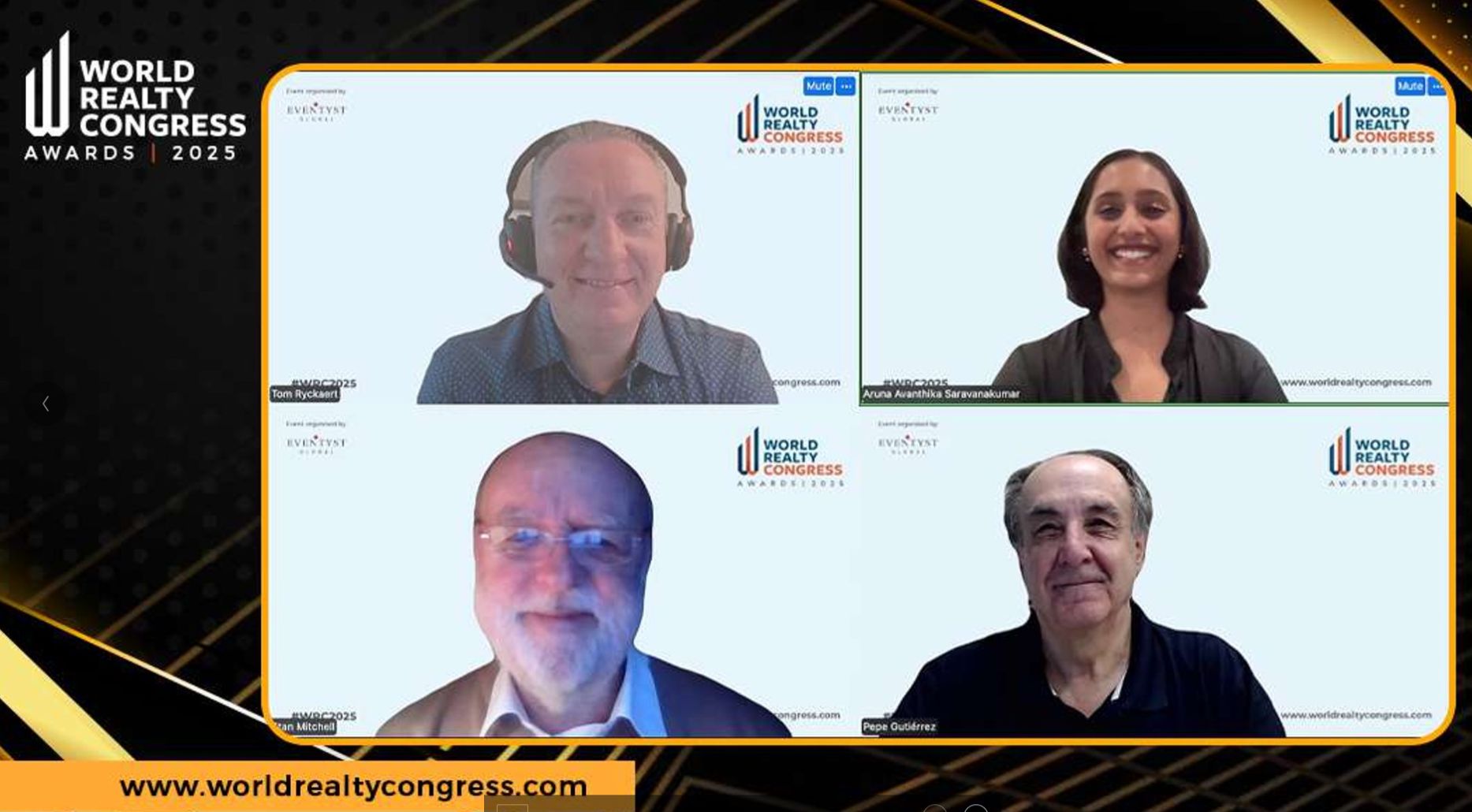
Everyone identifies themselves with a LEGO figurine that is linked to the tasks they perform within the company they work for. Everyone has their own role and responsibility, and Facility Management is no exception. We have come a long way with Facility Management. From the little office in the basement that used to be called […]
Everyone identifies themselves with a LEGO figurine that is linked to the tasks they perform within the company they work for. Everyone has their own role and responsibility, and Facility Management is no exception.
We have come a long way with Facility Management. From the little office in the basement that used to be called whenever something broke, to becoming a strategic partner during the pandemic, ensuring optimal well-being. As an FM professional, you are a bridge builder and need to work on your stakeholder management. This involves considering various perspectives linked to the objectives you need to achieve.

Let’s take a closer look at some of these perspectives:
It’s all about customer and employee experience, right? That’s what matters these days. We are in the era of hybrid work and we want to provide optimal support to both our internal and external customers when they come to the office. You have your own colleagues whom you see as customers, and they should be able to have a “seamless” journey with a high level of quality. This starts from their arrival at the office, being able to park at the reserved charging station through an app, enjoying a delicious cappuccino made by the barista, having a team meeting in a brainstorm room at the perfect temperature, and easily connecting their laptops to the AV system. It’s no wonder that people talk about “Hotelification” in the office environment, as this concept becomes more and more ingrained.
Another aspect is external customers, who can be clients of your company, visitors, suppliers, and more. They should also experience the same feeling as your internal customers. This requires a focus on hospitality and making them feel welcome. It’s a challenging task. I would recommend conducting regular surveys to gather feedback and measure their experience. Measurement leads to knowledge! When it comes to external visitors, analyze which departments they come for, understand their profiles, and see how FM can contribute. This expands your influence within the organization. You contribute to the overall hospitality experience, which ultimately enhances the corporate branding of your company.
Here, I’m not referring to customers as mentioned above, but rather your colleagues whom you rely on to perform your job. When it comes to policies and employee-related matters (such as parking policies or remote work policies), you will often need to collaborate with HR. If a new badge system is being installed, you will undoubtedly need to involve your IT colleagues. The list goes on. As an FM professional, you contribute to the whole picture and need to take ownership of projects from start to finish. You should understand your colleagues’ objectives and clearly communicate your FM objectives to them, both in the short, medium, and long term. This will enhance communication and collaboration.
Depending on your FM outsourcing strategy, you will need to closely collaborate with external service providers. They will play a crucial role in contributing to or hindering your FM objectives. Open communication and clear agreements are the foundation of a trusting relationship, necessary to successfully accomplish collaboration. Establish clear Service Level Agreements that can be easily measured and monitored through Key Performance Indicators. Remember, quality should prevail over quantity when developing SLAs and KPIs.
You need to ensure that you can define and defend your FM objectives at different levels of management. Operational service delivery and continuity are important, but you also need to look beyond and consider tactical and strategic objectives. This will determine the importance of FM and the budget allocated to it. Start by identifying which processes FM contributes to in the organization. This is a good starting point. Always consider these processes at different levels to clarify what you can contribute in the short, medium, and long term.
If you review the points mentioned above, you will realize that as an FM professional, you need to act as the spider in the web. You must be aware of your central position and that the “human factor” is at the core of everything. Working solely with “hard” data in project management will not suffice. The “soft” skills are essential in providing quality facility services to all your stakeholders. How to start? Start building your network now!


